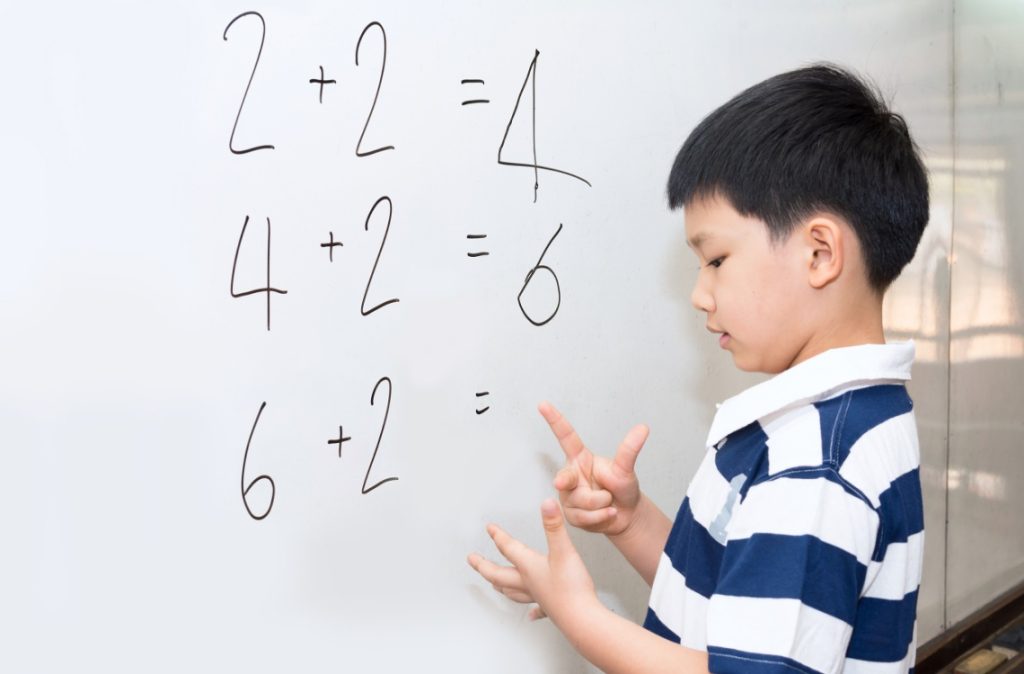By now, most parents have probably wrapped up the Primary One registration process.
But once the dust settles, a new thought starts to creep in: Is my child actually ready for Primary One?
Not on paper but in real life.
Because the real prep starts now.
And it has less to do with textbooks and more to do with helping your child grow into this next big stage with confidence.
What Does ‘Readiness’ Really Mean?
In Singapore, the Ministry of Education (MOE) defines P1 readiness as a balance of self-help and social and emotional skills, not just academics.
According to the MOE Parent Kit, children are considered ready for P1 if they can:
- Express their needs clearly
- Follow simple routines and instructions
- Manage their belongings independently
- Interact positively with peers
- Show curiosity and willingness to learn
These are soft skills that form the foundation of a confident learner.
Simple Ways to Prepare at Home
- Practice Daily Routines: Gradually introduce your child to waking up early, putting on their own uniform, and packing their bag. This helps reduce first-day jitters.
- Talk About School Positively: Help your child build excitement. Talk about fun activities like art, PE, or new friends, rather than focusing on homework or tests.
- Role-Play Social Scenarios: Practice how to ask a teacher for help or how to introduce themselves to new friends. This boosts social confidence.
- Read Books About School: Choose age-appropriate stories that describe school life, routines, and emotions. Books like ‘A Pirate’s Guide to First Grade’ or ‘The Kissing Hand’ are popular choices.
- Boost Fine Motor Skills: Encourage drawing, cutting with scissors, and writing. These help with tasks like filling in worksheets or holding a pencil correctly.
Beyond the Classroom: Emotional Readiness
Primary 1 isn’t just a new academic stage; it’s also a test of emotional resilience.
Some children may struggle with separation anxiety, sensory overload, or fatigue.
Watch for signs of stress or withdrawal.
It’s okay if your child takes time to adjust.
Stay consistent, be encouraging, and work closely with their teacher to monitor progress.
If concerns persist, consult the school counsellor or visit a paediatrician. Early support makes a huge difference.
What This Journey Means for You, Too
Primary One isn’t just a milestone for your child; it’s one for you, too.
There will be early mornings, forgotten snack or lunch boxes, and possibly a meltdown or two.
Ultimately, remember that you’re all trying your best—you’re not alone, and neither is your child.
Good luck, my fellow parents!
Disclaimer: The information provided in this article is for informational purposes only and should not be considered as medical advice from Mamahood. For any health-related concerns, it is advisable to consult with a qualified healthcare professional or medical practitioner.
For more insightful stories and parenting advice, stay tuned to Mamahood Singapore!
